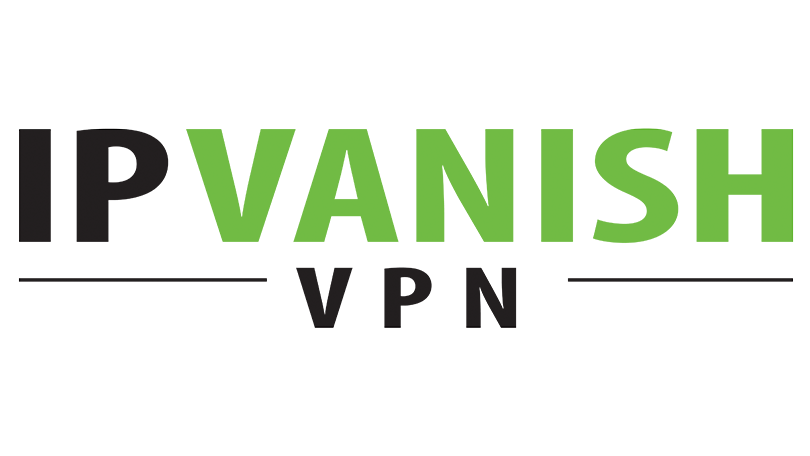Last updated: 25 April 2024
VPN is a virtual private network. It is a secure encrypted connection between two networks or between a user and a network. This format allows you not only to increase your anonymity on the Internet, but also to effectively protect yourself from a possible attack. VPN can be used on both home networks and public Wi-Fi networks. This is the case, for example, in a cafe or shopping center.
But let's start from the very beginning. Usually, when you try to access a website, your ISP gets this information and redirects you to it. It is not hard to guess that the provider has access to the sites they visit.
The company may share this data not only with administrative authorities or other external organizations, but also with advertisers. VPN redirects internet traffic to a dedicated server, hiding the user's IP address and encrypting the data sent and received. Data encrypted in this way is unreadable.
VPN is very easy to set up, so you don't need to be very experienced to use it. It is worth considering using a VPN, as this type of encrypted connection provides high anonymity and, above all, more security on the network. A VPN can protect, among others, against hacker attacks, identity theft, data sale, or bank account hacking.
When using the Internet at home, you may not need a VPN, but when connecting over a public Wi-Fi network, this is almost mandatory. Using mobile devices and surfing the Internet over an unsecured Wi-Fi network can be very dangerous. One of the biggest dangers is hacker attacks, which are designed to intercept data, such as accessing a bank account. Other threats include malware attacks.
By the way, you should beware of fake access points that are often created by hackers. For some people, it's enough to connect to a fake network, and cybercriminals have almost unlimited access. And that's all that cafe visitors do on the Internet while drinking their favorite latte.
A VPN also allows you to bypass geoblocks imposed by some websites. Netflix is a good example of this. US citizens have access to more videos. In this case, Netflix quickly cracked down on people from other countries who tried to access the US version of the site using a VPN. However, VPN encryption often allows access to foreign versions of websites.
Another time a VPN is a good idea is if you use the Internet for work. If you're using email or cloud services to send large amounts of data that shouldn't fall into the wrong hands, it's worth protecting yourself additionally with a VPN. Thanks to this, your company's information will be protected from hacker attacks, and their number is growing every year. By the way, it is worth mentioning less conscious employees about the possibility (and necessity) of using a VPN. It is a standard for data transmission or even daily work.
People who also want to protect themselves from advertisers collecting user data may also consider using a VPN. Thanks to encryption, your daily surfing habits will remain hidden from your ISP and therefore from potential advertisers.
When using a VPN, our main goal is to ensure your anonymity and safety on the network. Unfortunately, research by the ICSI Networking and Security Group shows that 2 out of 3 free VPN servers may have a special code embedded to track the user. What is the purpose of this? Of course, the creators of this VPN server have access to what users are doing on the Internet using an encrypted connection.
They can later use this data, for example, by passing it on to advertisers. Of course, this is a complete contradiction with the idea that users use a VPN. However, the risks associated with using free VPN servers do not end there. They may contain malware. They can also transfer your IP to other users. As a last resort - they can be created by the hackers themselves,
So how do you choose a reliable VPN? First of all, read the rules carefully and find out who the service provider is. A good solution is to use VPNs made by trusted and trusted companies, rather than ones coming from an unknown provider. In many cases, the cost of using a paid VPN server is not that high.
For example, a service is bought for six to twelve months. By the way, it's worth mentioning that VPN servers should be used not only on computers, but also on mobile devices. This is especially true when connected to a public Wi-Fi network. It's worth investing a little in your online safety. This makes us confident that we are most effectively protected from threats that lie in wait for network users.
Choosing the right VPN server is extremely difficult as the choice is huge. Before making a decision, check, among other things:
- Price-quality ratio
- Recording through a given VPN
- Does it work on multiple systems?
If you get answers to these questions, you can choose the most acceptable VPN service for yourself. The main task is not to overpay for unnecessary functions.





